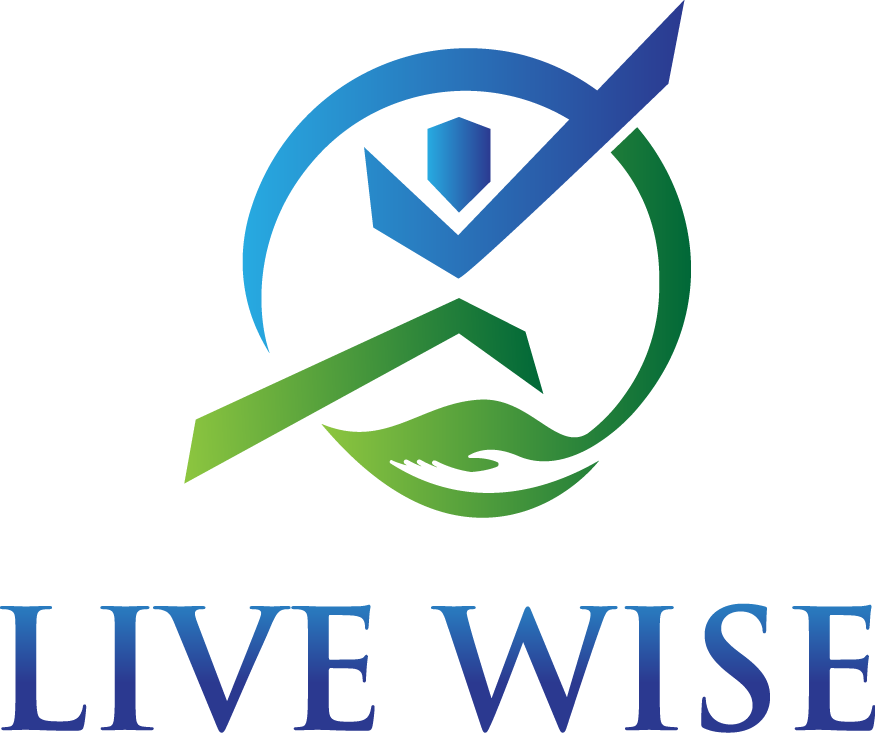Photo: Vasyl Hnyp
What Do You Identify With?
By: Trey Bell and Jessica Chacon
After a quick conversation with my partner this morning, I was sparked to ask you all a question…
What do you identify with?
In our western culture, there are many ways to identify and in fact, our identification changes from moment to moment. In one instance you may be an employee, in another you might be an employer. Then we go down the line: friend, son/daughter, lover, teacher, caregiver, etc. We take on these different roles/identifications as they change throughout our day. We make it work! It’s pretty freaking amazing! Think about it…
Here’s the catch-in our western society we are plagued by identification. Identification with “issues” or “problems.” We are constantly identifying with what is wrong with us or others. Now don’t get me wrong, it’s great to find weaknesses and utilize them as a tool to grow. Yet, when we begin to identify with “x” being a part of us, our mind takes shape to fit this mold.
It’s tough to induce change or begin the changing process when you have identified with a specific “thing.” For instance as a clinician, I notice many people saying “I am _____” or “I have ____(specific diagnosis)____,” this appears to be a place one can get stuck in. What if we switched those to, “Recently, I’ve really struggled with (insert specific incident or FEELING)…?” This provides the opportunity to recognize that nothing is permanent-especially our emotions, and watch the negative pass, opening us to our true identity that has been there all along.
Now, I not only challenge you to switch the identification mindset in this previous nature, but also, to start stripping away these roles that you take on. Pull away the molding and trim that has been added to your structure throughout the years and look at the foundation. What makes up your foundation? Not the problems, not the issues, not the negatives. It’s the things you offer the world. The things you offer your friends and family. The things you provide for others. And let us not only see what we offer the world but start seeing others for what they offer us? I imagine that the more we acknowledge others for what they offer, the more they will see themselves as whole.

